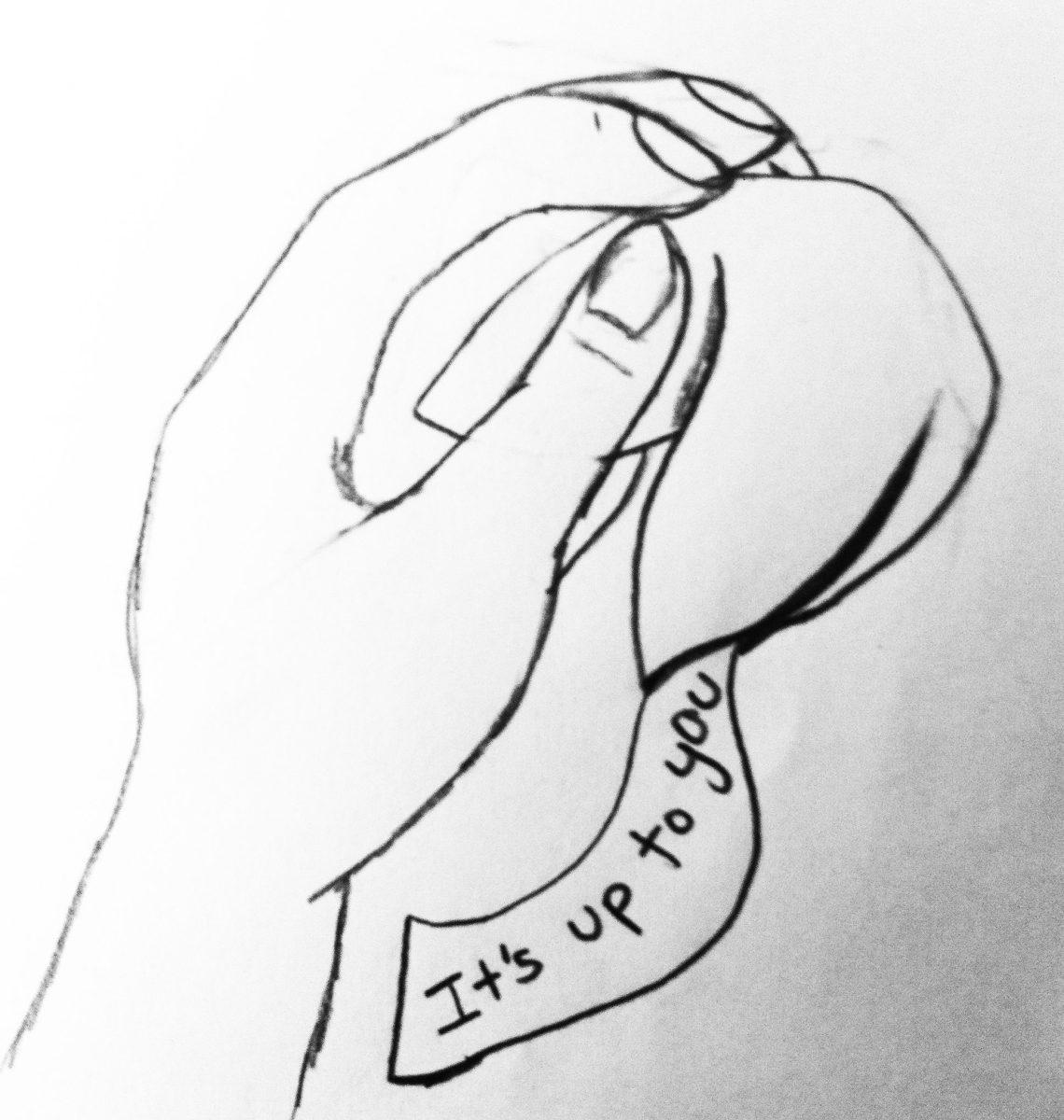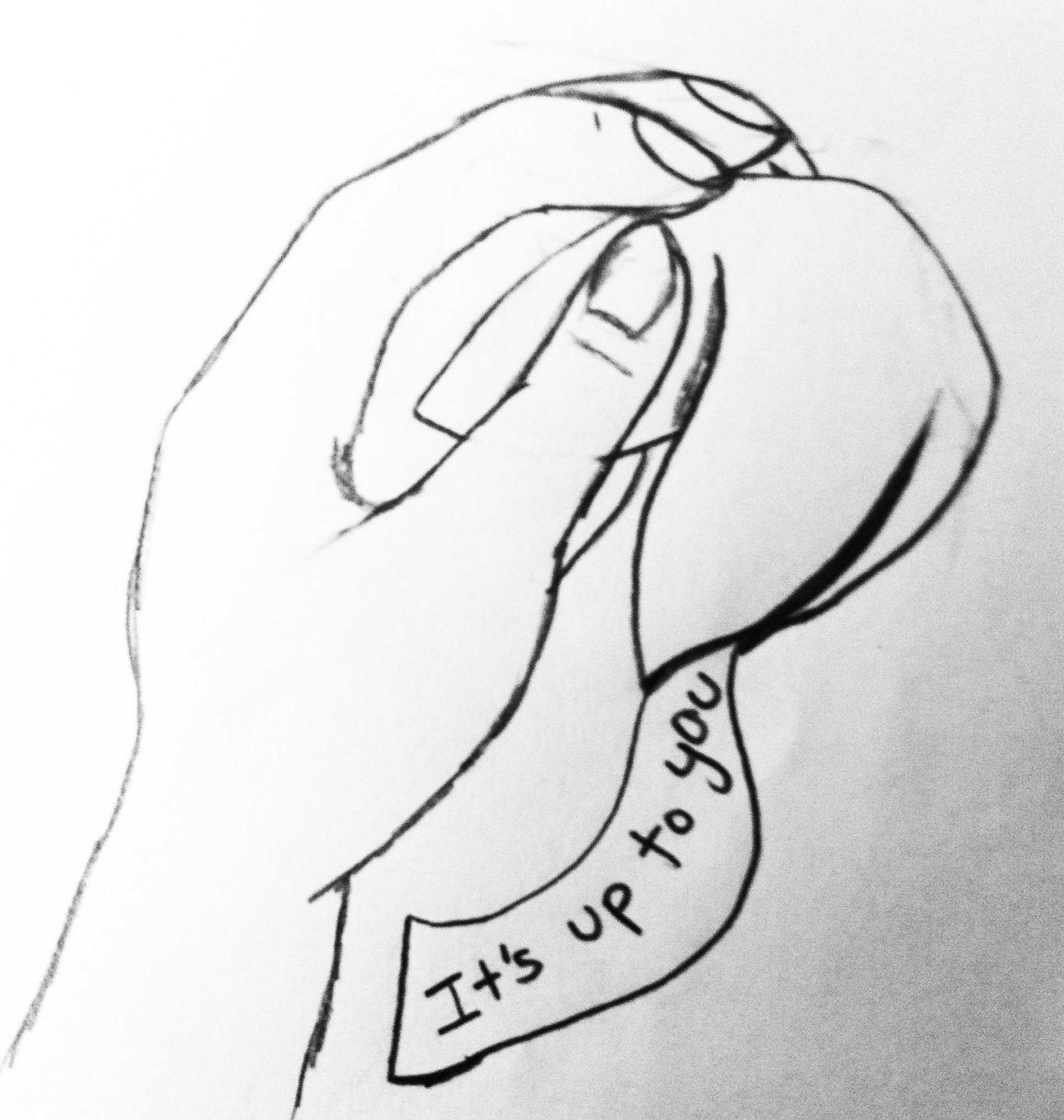It’s five minutes before a critical statistics exam and you’re freaking out. You’re absolutely positive that you’re going to fail. You’ve never done particularly well in math. In fact, it’s your self-proclaimed worst subject.
As the clock ticks ever closer to your impending doom, you shiver with pure dread. Failure is so terribly imminent that you can almost taste its bitter bite. And you do fail – but not because of your supposed ineptitude for statistics. Instead of serving as yet another example of how horrible you are at math, this failure is caused by an eternally troubling social bias: the “self-fulfilling prophecy.”
“If men define situations as real, they are real in their consequences,” said sociologist W.I. Thomas in 1928, though it was not until 1968 that fellow sociologist Robert K. Merton coined this phenomenon with the term ‘self-fulfilling prophecy.’
In his book “You Are Not So Smart,” blogger-turned-author David McRaney stipulates the notion that our simple belief in a future event will engender its eventual outcome in reality if said event is dependent upon human behavior. Essentially, if you anticipate something, it is more than likely that it will come to pass.
Let’s look at that failing a math test example again. If you have been socialized to believe that math isn’t your forte, you will always enter into such classes with a pessimistic attitude, doubting yourself and your abilities. This believed lack of capabilities will likely discourage you from making a decent effort, and studying for exams will be approached with a “why even bother” standpoint. Looking at it with this perspective, it’s no wonder you failed.
However, something as seemingly insignificant as failing a test or two is nothing compared to the broader socio-economic consequences of the self-fulfilling prophecy at play in our society. Consider the incredible importance of our primary identifiers: our names.
Do people with more “socially acceptable” names achieve more monetary and emotional success in life as a result of a widespread self-fulfilling prophecy?
According to the intriguing book “Freakonomics,” major societal and cultural issues such as racism and inequality in social class go hand-in-hand with the logistics (or lack thereof) of the self-fulfilling prophecy.
With every chapter, author Stephen J. Dubner and economist Steven D. Levitt provide a landscape of slightly disturbing yet fascinating knowledge about the inner workings of our socially constructed reality – a reality in which one’s self-concept is entirely tied to one’s name.
Dubner and Levitt purport that one’s given name is a relatively credible indicator of his or her future successes and/or failures because that title causes the individual to either ‘live up’ or ‘live down’ to said name.
Because of the undeniable nature of racism in the United States, children given more African American sounding names such as Unique or Roshanda will face far more antagonism in the American education system and workforce.
Often viewed as second-class citizens based upon their names alone, these individuals constantly face the painfully real consequences of others’ and their own less than pleasant predictions of their futures.
Names serve as the foundation for a life-long, terribly damaging self-fulfilling prophecy. This devastating social bias creates the central tenant of our sense of self. No wonder many of us have a completely deluded, warped negative opinion of ourselves.
So what can we do to attempt to avoid self-prophesizing?
Well, like many things in life, awareness is key. Personally, I must continuously remind myself of the trappings of the self-fulfilling prophecy’s presence in my life.
When I spiral down the all-too familiar paths of bodily insecurity and intellectual doubt, I try to remember W. I. Thomas’s words. Besides, I think it’s common knowledge that positive thinking brings forth positive actions.
So the next time you have a math test, try studying instead of wallowing in supposed imminent failure. More importantly, know that any label which society may give you is nothing more than empty words as long as you choose to make it so. Life’s what you make it, so stop making it suck.





![[Both photos courtesy of sonoma.edu]
Ming-Ting Mike Lee stepped in as the new SSU president following Sakakis resignation in July 2022](https://sonomastatestar.com/wp-content/uploads/2024/04/CC4520AB-22A7-41B2-9F6F-2A2D5F76A28C-1200x1200.jpeg)



























